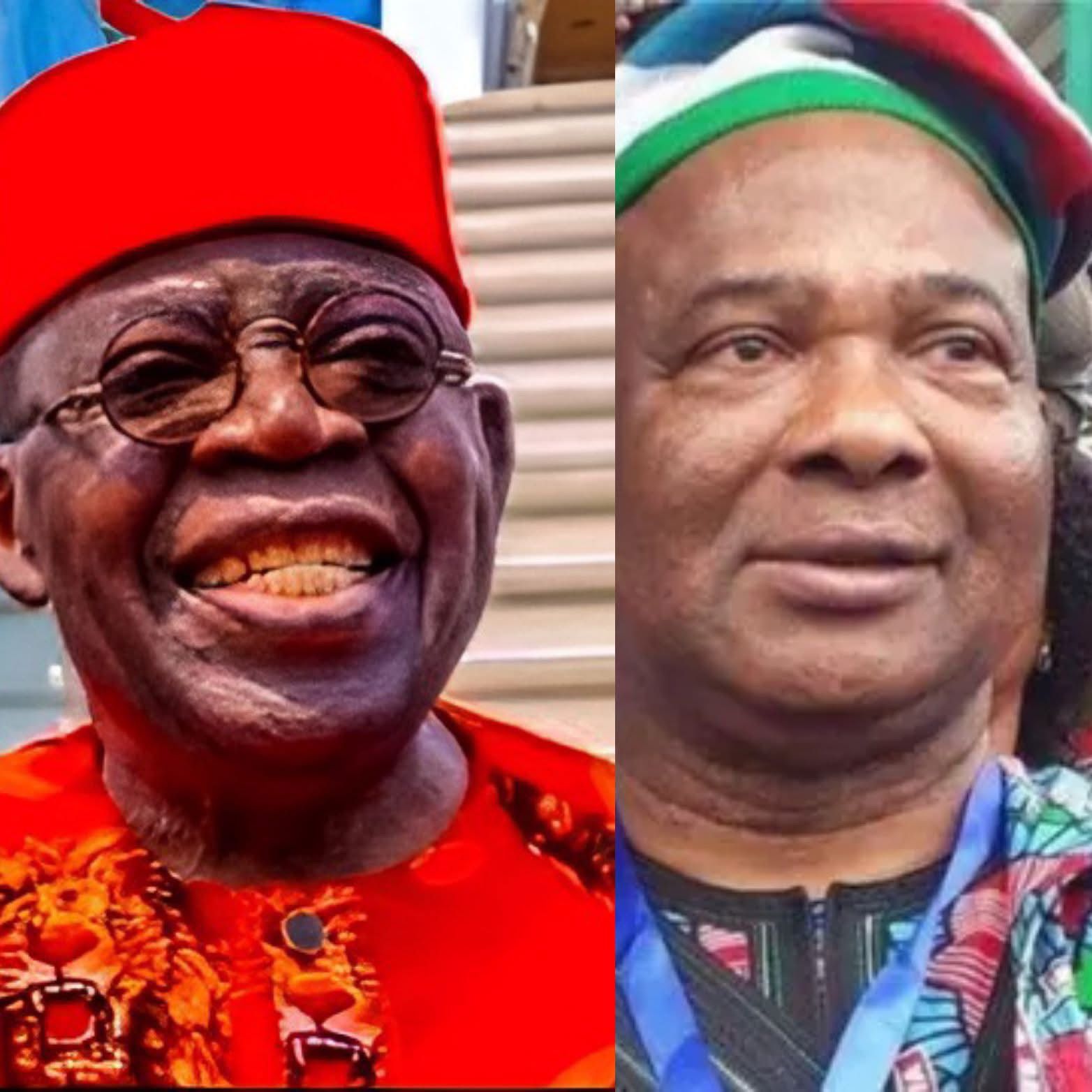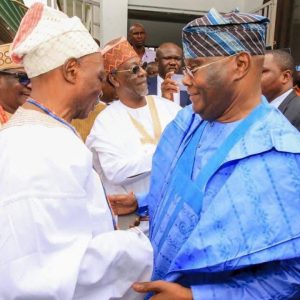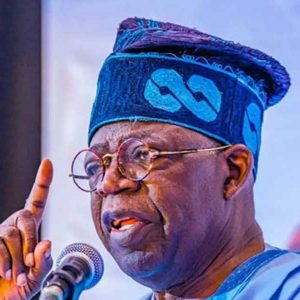In a season of rising ethnic tension—particularly between the Yoruba and Igbo communities—Nigeria’s social fabric feels dangerously frayed.
Online platforms have become battlegrounds of bitterness, where divisive rhetoric and tribal antagonism threaten to eclipse our shared humanity.
Strangely, the elders of Ohanaeze Ndi Igbo and #Afenifere remain silent, as does the Federal Ministry of Information, whose mandate includes fostering unity. Their indifference is deafening.

Yet, from the eye of this storm, hope has emerged—not from institutional interventions, but from an unlikely fraternity between two political figures:
President Asiwaju Bola Ahmed Tinubu and Governor Hope Uzodimma of Imo State.
Their bond defies the ethnic fault lines that dominate public discourse. Whenever they appear together, they radiate a quiet defiance of division—a brotherhood rooted not in tribe or religion, but in mutual respect and shared purpose.
Tinubu often affirms Uzodinma with warmth and conviction: “Hope is here. We don’t have to worry.” In turn, Uzodinma responds not with flattery, but with sincere optimism—choosing to highlight solutions over cynicism, unity over grievance.
Their relationship is not performative; it is instructive. It models the kind of leadership Nigeria desperately needs: one that heals rather than hardens, that builds bridges rather than barricades.
As the President visits Imo State, this symbolic gesture should not be lost on us. It is a reminder that peace is not the absence of conflict, but the presence of courageous connection. If their example can ignite a broader movement—one that sees beyond tribal lines and embraces our collective destiny—then perhaps this umbilical cord of hope can nourish a new national imagination.
Hate speech and ethnic posturing will only deepen our wounds. But unity, even if sparked by two men in quiet fraternity, can become a wildfire of healing.
Nigeria is unstoppable when her people choose togetherness over tribalism. The question is not whether hope exists—it does. The question is whether we will fan its flame or smother it in silence.
Stay ahead with the latest updates!
Join The Podium Media on WhatsApp for real-time news alerts, breaking stories, and exclusive content delivered straight to your phone. Don’t miss a headline — subscribe now!
Chat with Us on WhatsApp





